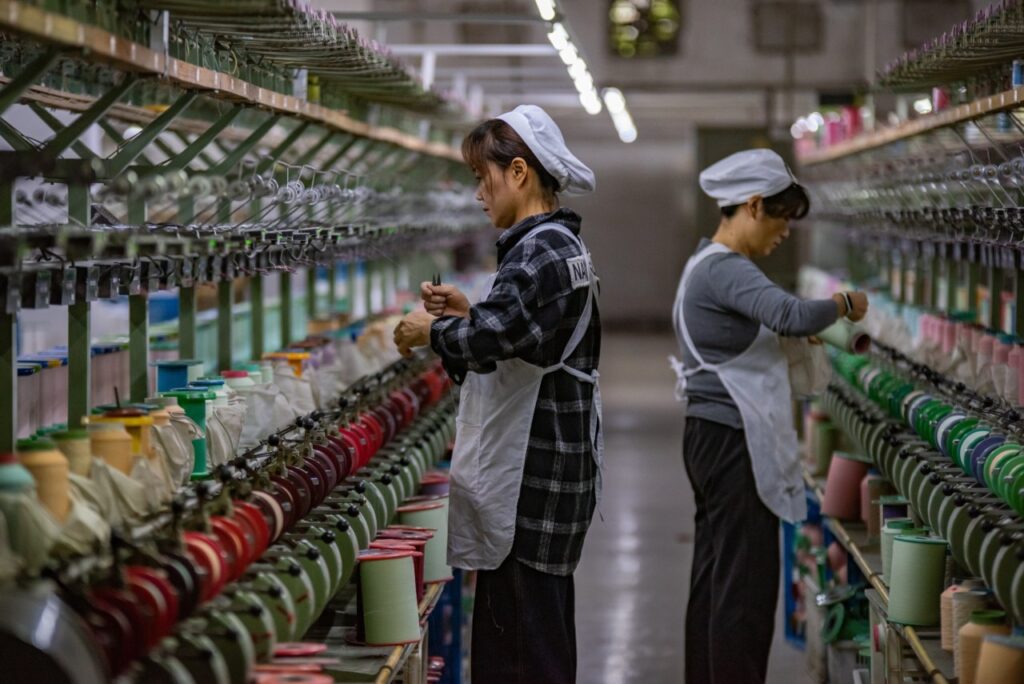
China is experiencing its most significant decline in investment in years, as ongoing economic challenges continue to affect growth. According to the National Bureau of Statistics, the country reported a 20% drop in fixed asset investment during the first eight months of 2023 compared to the previous year. This marks a stark contrast to the growth seen in prior years and highlights increasing concerns about the trajectory of the Chinese economy.
The decline in investment correlates with a broader slowdown in consumer spending. Retail sales have registered their longest period of decelerating growth since 2021, raising alarms among economists and investors alike. The data suggests that consumer confidence is faltering, leading to reduced spending across various sectors.
Consumer Confidence Plummets
In August 2023, retail sales increased by just 2.5% year-on-year, a significant drop from the 8.5% growth recorded in the same month of 2022. This prolonged slowdown in consumer spending is indicative of a broader economic malaise, as households grapple with rising unemployment and a housing market under strain. Analysts have pointed out that these factors contribute to a challenging environment for businesses, which are now facing reduced demand for their products and services.
Investment in infrastructure, once a key driver of China’s rapid economic growth, has also been adversely affected. Major projects have been put on hold or scaled back, as local governments face tighter budgets and increased scrutiny over spending. The Chinese government has attempted to stimulate the economy through various measures, but the effectiveness of these initiatives remains uncertain.
Impact on Global Markets
The implications of China’s investment decline extend beyond its borders, affecting global markets and supply chains. As one of the world’s largest economies, any slowdown in China can have ripple effects across various sectors globally. Companies dependent on Chinese manufacturing and exports may face disruptions, and investors are closely monitoring how the situation unfolds.
In response to these challenges, some economists are urging the Chinese government to enact more aggressive fiscal and monetary policies. There is a growing consensus that without significant intervention, the economic slowdown could deepen, further impacting both domestic and international markets.
As the situation continues to evolve, stakeholders will be watching closely to see how China navigates these turbulent economic waters and whether it can restore momentum in investment and consumer spending. The coming months will be crucial in determining the future outlook for the world’s second-largest economy.







